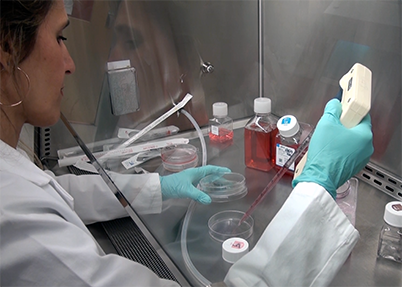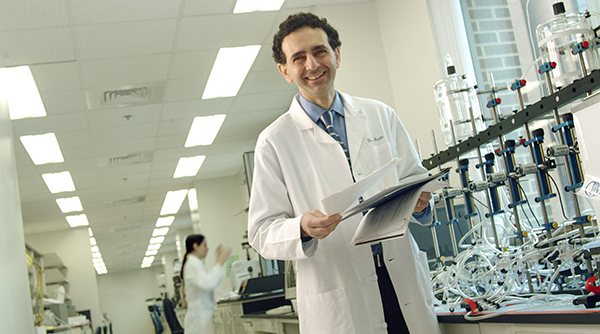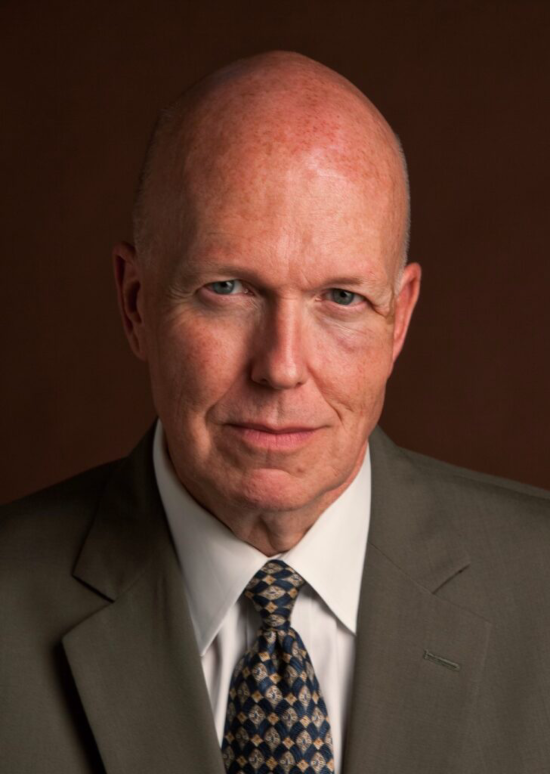Editor’s note: Each Wednesday, WRAL TechWire features a story highlighting the NC Bio Jobs Hub initiative. Go to the Bio Jobs Hub for more stories and info on life sciences job opportunities made possible by NC’s workforce training initiatives.
RESEARCH TRIANGLE PARK – A $441,028 grant from the National Science Foundation will help a group of educational institutions in central North Carolina prepare a skilled workforce for jobs in regenerative medicine.
The project will be led by the Wake Forest Institute for Regenerative Medicine (WFIRM) and the RegenMed Development Organization (RemDO), a non-profit organization based in Winston-Salem that promotes the commercialization of regenerative medicine technologies nationally.
Other partners will include Forsyth Technical Community College and Simon G. Atkins High School of Winston-Salem/Forsyth County Schools, as well as supporting partners from Winston-Salem State University, North Carolina Agricultural and Technical State University, and North Carolina Central University.
“Bringing this new science and technology to high school, community college, and university faculty will strengthen curricula, student learning, and thus the skilled technical workforce,” said Gary Green, Ed.D., chief workforce development officer for WFIRM.
More skilled technicians needed
The partners will address the workforce needs of the regenerative medicine field, which is rapidly evolving from R&D, through clinical translation, to biomanufacturing and the scale-up of production. The industry requires more skilled technicians who have new knowledge and education.
WFIRM, Forsyth Tech, and Atkins have unique assets to drive the project, called RegeneratOR Workforce Development.

WFIRM, the world’s largest regenerative medicine institute, operates a dedicated Manufacturing Development Center with diverse teams of experts enabling development and production of replacement cells and organs and the expansion of cells for therapy. Forsyth Tech is home to the National Center for the Biotechnology Workforce and a leading associate degree program in biotechnology, providing technicians for WFIRM and regional regenerative medicine companies. Atkins High School offers students a biotechnology major – coursework that prepares them for entry-level employment or higher education.
“The Piedmont Triad region has a strong and collaborative educational ecosystem for regenerative medicine-related workforce development,” said Nancy Johnston, executive director of the Piedmont Triad Office of the North Carolina Biotechnology Center and a member of a project advisory council that includes regenerative medicine business and education/workforce development leaders supporting the RegeneratOR program. “Given the demands of translational research, the development of clinical translation and biomanufacturing skills is essential.”
The RegeneratOR project will develop a regional model for skilled technician workforce development in regenerative medicine biomanufacturing focused on:
- K-12, community college, and university faculty development in regenerative medicine
- Dissemination of new discovery and innovation and research-based knowledge, skills and abilities for the regenerative medicine field to community colleges and their partners
- The design and implementation of multiple career entry options for community college-prepared technicians and career pathways for incumbent employees with a focus on underrepresented minorities.
Catalyzing company growth, innovation

Workforce development is part of RemDO’s and WFIRM’s overall plan to develop a robust regenerative medicine business landscape to drive innovation in the field.
In June the two entities announced the launch of the RegeneratOR Test Bed, an initiative to support regenerative medicine start-up companies in the Triad region.
The RegeneratOR Test Bed, anchored in Winston-Salem’s Innovation Quarter, a science and technology district, will help accelerate the growth of companies with innovative and emerging technologies. It will provide access to state-of-the-art biomanufacturing equipment, industry expertise, and talent to support novel prototyping and commercial product development.

“The regenerative medicine field is advancing so rapidly that it is imperative we have a workforce with the needed skills to support our research and the development of regenerative medicine biomanufacturing,” said WFIRM Director Anthony Atala, M.D., a globally recognized leader in regenerative medicine research who also serves on the board of directors of NCBiotech.
Atala said that regional employers in regenerative medicine are already expressing a significant need for highly skilled technicians, and “this need has been confirmed on a national level by a recently published survey by the RegenMed Development Organization which defined the skills needed and the extent of the skills gap.”
Regenerative medicine is a cross-disciplinary field that aims to repair or replace abnormal organs by growing tissues in the laboratory or cells for therapy. The field includes convergent technologies such as cell biology, nanotechnology, artificial intelligence, engineering and cyberbiosecurity.
A search of the term “regenerative medicine” in the Biotech Center’s company directory indicates that 90 life sciences companies and other organizations in North Carolina are involved in the field.





























